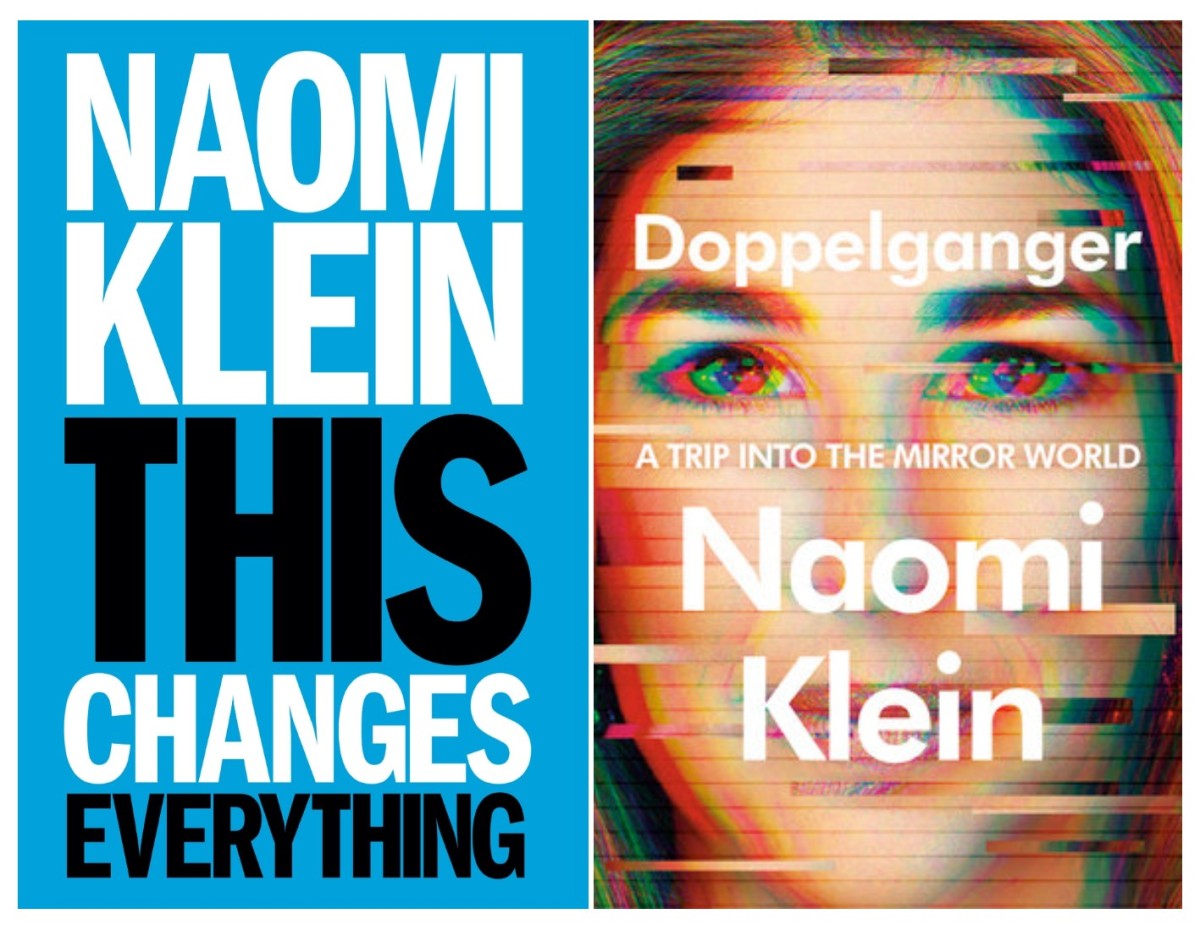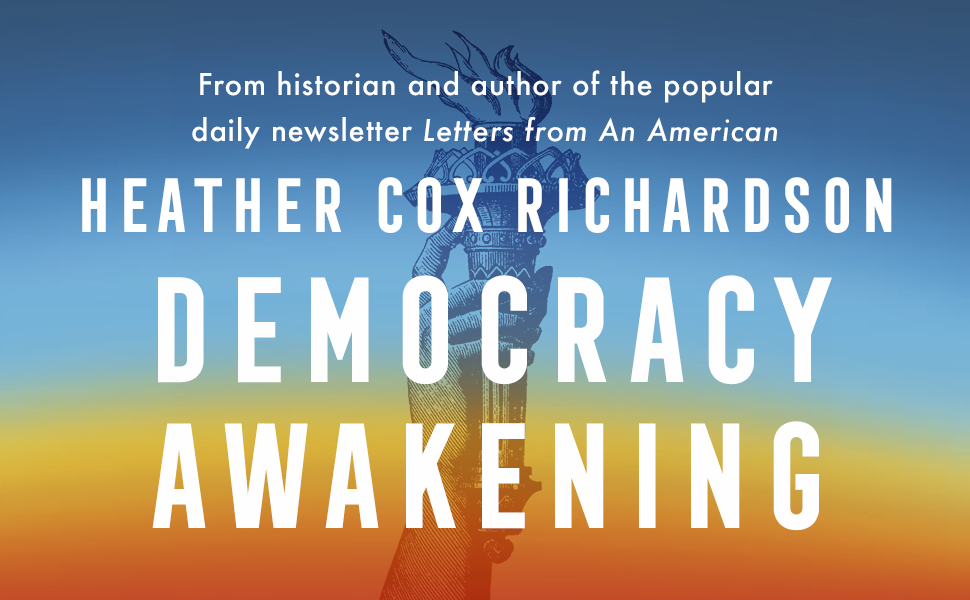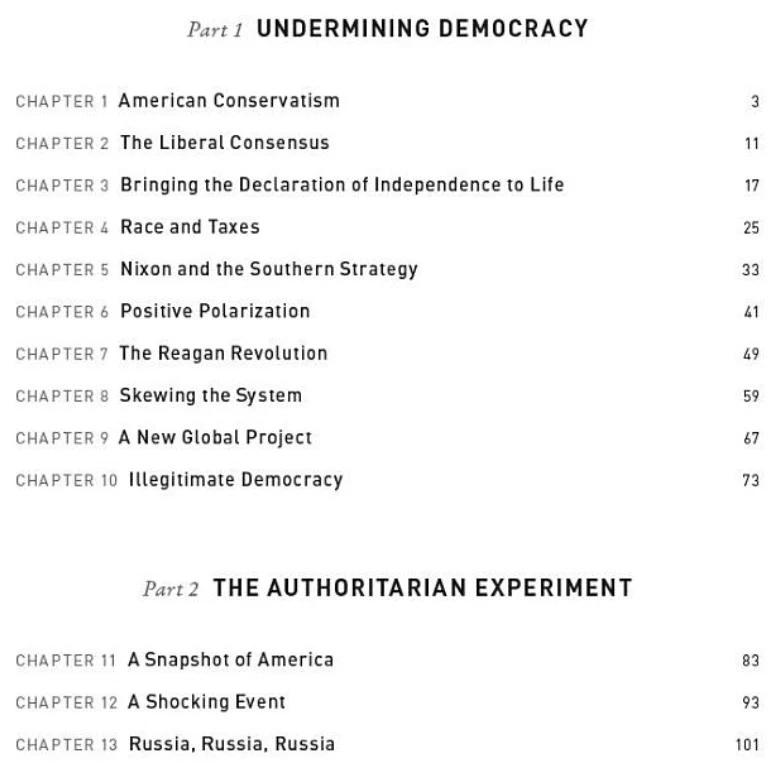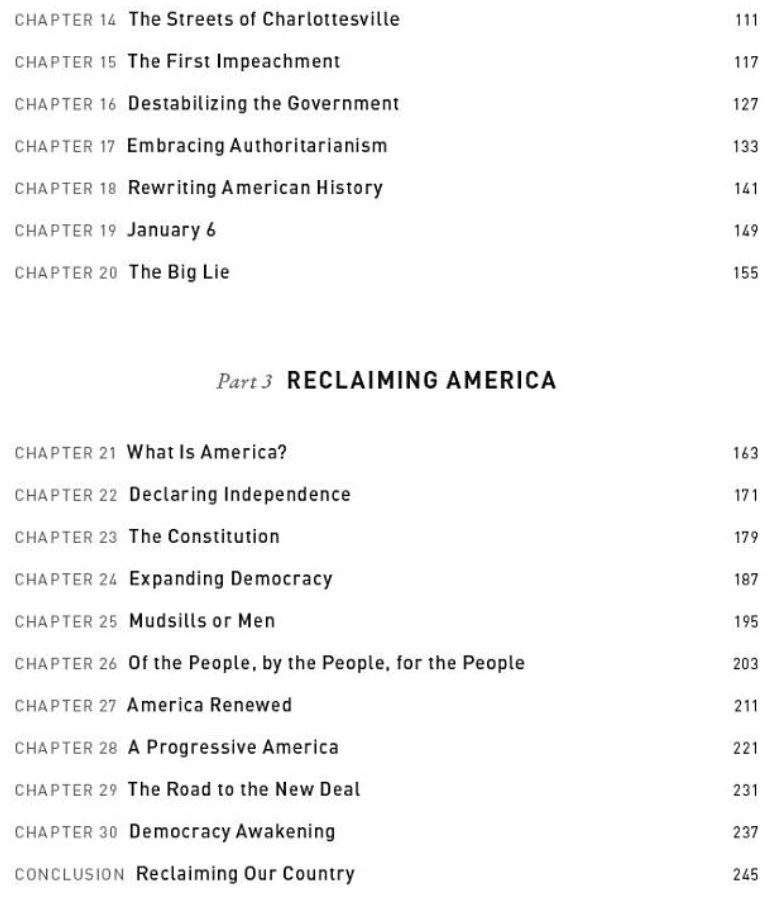by James Wallace Harris, Friday, November 15, 2019
Imagine a poker game with one person winning every pot. Eventually, all the players but that one winner will become tapped out unless someone else starts winning. This is a good analogy for wealth inequality.
The challenge to the 2020 Democratic presidential hopefuls is making rule changes to the game we all play. Warren and Sanders want to make drastic changes to the rules to quickly make our society fairer to all, but that scares both the conservatives and the older well-to-do liberals. Biden promises to just tweak the rules a bit which enrages the extreme liberals who want significant change sooner.
We’re all playing this game of economic life whether we realize it or not, even when we think we’re not participating. Our economy is a game that everyone plays and the rules are decided by politics, laws, and voting. We like to think we’re a democracy and we all decide how the game is played but that’s not true. The winners of the game keep altering the rules so they can keep winning.
What would society be like if the game was played fair? What if everyone had an equal say in making the rules of the game, how would society differ from how we play the game now? Would wealth start circulating amongst all the players? Or will the winners refuse to ever change the rules? Maybe losers don’t want to change the rules either. Maybe they hope to be winners someday? How many players have to be wiped out before they realize their true odds of becoming a winner?
Right now a majority of our citizens believe everyone should work to make a living, and if you fail you should suffer the consequences. If you doubt this read “The American Right: It’s Deep Story” by Arlie Russell Hochschild. Hochschild had come up with a little story she tells people that’s a Rorschach test for conservative thinking. Read it to see how you react, then read her article for how she interprets your reaction.
You are patiently standing in the middle of a long line leading up a hill, as in a pilgrimage. Others besides you seem like you – white, older, Christian, predominantly male. Just over the brow of the hill is the American Dream, the goal of everyone in line. Then, look! Suddenly you see people cutting in line ahead of you! As they cut in, you seem to be being moved back. How can they just do that? Who are they?
Many are black. Through federal affirmative action plans, they are given preference for places in colleges and universities, apprenticeships, jobs, welfare payments, and free lunch programs. Others are cutting ahead too – uppity women seeking formerly all-male jobs, immigrants, refugees, and an expanding number of high-earning public sector workers, paid with your tax dollars. Where will it end?
As you wait in this unmoving line, you’re asked to feel sorry for them all. People complain: Racism, Discrimination, Sexism. You hear stories of oppressed blacks, dominated women, weary immigrants, closeted gays, desperate refugees. But at some point, you say to yourself, you have to close the borders to human sympathy – especially if there are some among them who might bring harm.
You’re a compassionate person. But now you’ve been asked to extend your sympathy to all the people who have cut in front of you. You’ve suffered a good deal yourself, but you aren’t complaining about it or asking for help, you’re proud to say. You believe in equal rights. But how about your own rights? Don’t they count too? It’s unfair.
Then you see a black president with the middle name Hussein, waving to the line cutters. He’s on their side, not yours. He’s their president, not yours. And isn’t he a line-cutter too? How could the son of a struggling single mother pay for Columbia and Harvard? Maybe something has gone on in secret. And aren’t the president and his liberal backers using your money to help themselves? You want to turn off the machine – the federal government – which he and liberals are using to push you back in line.
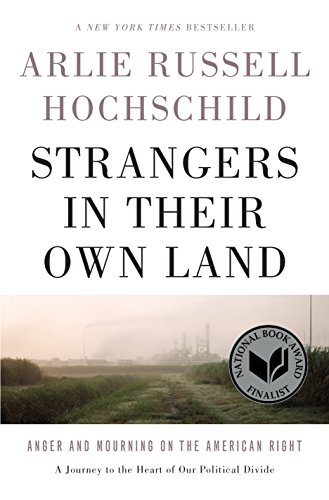 To go deeper into what Hochschild is revealing with her “Deep Story” test, read her book Strangers in Their Own Land. She finds that conservatives identify with this story. In past decades I’ve known many conservatives that have told me variations of this story. But their resentments and prejudices keep us from making society fair. What I find ironic is many of the people who resonate with Hochschild’s Deep Story claim to be Christians, but isn’t her story an anti-Gospel?
To go deeper into what Hochschild is revealing with her “Deep Story” test, read her book Strangers in Their Own Land. She finds that conservatives identify with this story. In past decades I’ve known many conservatives that have told me variations of this story. But their resentments and prejudices keep us from making society fair. What I find ironic is many of the people who resonate with Hochschild’s Deep Story claim to be Christians, but isn’t her story an anti-Gospel?
We don’t have to examine the whole economic system to see how it’s unfair. Just look at companies like Amazon and Uber as samples. A few people in each company make billions while most workers barely make a living, yet each company would collapse without the low-paid participants in their shared game. Why do thousands of employees have to work their asses off so one guy gets rich enough to have his own space program? Why do Uber drivers put in all the millage but don’t get their fair share of the fares? Why is Trump so desperate to keep his tax returns secret? Is it because he doesn’t want us suckers to know he’s rich without paying his fair share of taxes?
What if labor got a fairer share of the rewards of our economic game? Somehow we’ve decided the owners of a company deserve more money than the people who punch the clock. Is that how we really want to play the game? Elizabeth Warren and Bernie Sanders want to make the game fairer by taxing the winners and use the government to redistribute the winnings. This is one way, but is it the only way, or the best way?
If you don’t understand the long history of capital v. labor I highly recommend reading Capital in the Twenty-First Century by Thomas Piketty. Before the industrial revolution wealth was mostly in owning land, and the landowners used slaves, serfs, peasants, and tenant farmers to make themselves wealthy. When industrialization came along those with capital shifted to owning businesses and letting labor do all the work to make them wealthy.
The reason why capital has always been at war with labor is capital didn’t want to share the rewards of the game. They have always fought unions because of greed. They have always embraced automation because of greed. If they could completely eliminate labor they would. Just see how hard Uber wants to develop self-driving cars, or Amazon to add robotic book pickers. If we extrapolate these trends into the future we’ll have a game with very few winners owning a lot of robots and mostly jobless losers.
Our present economic system is rigged to produce fewer winners. We think because unemployment is low most people are still in the game. But is that really true? The economy doesn’t have a finite pot of money, wealth is always being created. But it appears the 1% are acquiring all the old wealth and new wealth at an increasing speed. Liberals have a history of creating safety nets to keep players in the game. Conservatives even begrudge this level of wealth redistribution. If Warren or Sanders is going to win in 2020 they need to convince a vast majority of players there’s a genuine need to redefine the rules to keep the game from collapsing.
Capital needs consumers with money to spend. That means labor must stay in the game. That’s why we’re hearing talk of guaranteed incomes. If the rich aren’t willing to share their wealth now I doubt they will in this future scheme. This means the present game will end when the very few have corned all the chips and the economy falls apart.
Capital is against universal healthcare because they profit from limited healthcare. Republicans and conservatives are passionately fighting any changes to the game. They see any proposal to redistribute wealth as an attack on the existing game rules that favor them winning. Is there a way to change the game to be fairer to everyone that doesn’t involve redistributing the wealth?
Can the 99% create their own wealth without interfering with the 1%? I recently read an article that said the lower 50% has already been drained by the 1% and now they are working to drain the other 49% percent. Wealth transfer to the wealthier even effects millionaires. For Bill Gates to have $100,000,000,000 means 100,000 people aren’t millionaires. And for every 1,000 billionaires, we don’t have a 1,000,000 millionaires.
How can Jeff Bezos and Elon Musk have their own space programs? How many underpaid workers does that take to build that science-fictional dream? Is the game really fair when some winners in society can afford to play NASA and millions of losers are without homes? Even if we rationalize losers don’t deserve anything because they don’t work, does anyone in our rich society deserve to have so little? Bezos and Musk cannot have their space programs without the whole society supporting them.
Isn’t what we want is a fair society that rewards hard work but is passionate toward those who can’t compete? Don’t we also want a society that is ecologically friendly and sustainable? How do we change the rules to get that if the greedy want to keep playing the existing game?
The game requires everyone to play, even when they don’t work or vote. I’m sure conservatives would love to ship off all the unemployable to another country. A certain percentage of the active economy generates wealth by taking care of people who can’t. If they didn’t exist, these caretakers would be out of a job too. We’d have to exile them. But then that would put more people out of work. See the snowball growing? All activity in the economy goes into generating the total wealth of the economy. And yes, building private space programs do create jobs, but how much more economic activity would our economy have if average workers were paid more?
I’m not saying billionaires shouldn’t have their rewards, but couldn’t the rewards of a successful company be spread around fairly? Why do the owners and shareholders get all the profits? Because labor has always been the target of cost reduction. It’s so ingrained that it’s a religion with business. But if the wealthy don’t want to have their taxes raised they should consider raising the wages of their employees so society won’t have to raise taxes on the rich to help the poor.
The trouble is people who have gained seldom want to give back. Of sure, they become famous philanthropists, but that’s not really giving, is it? It’s just another expression of being a winner.
I don’t know why I keep writing these essays. Striving to describe how things work does not change anything. I’ve been reading about Plato lately. He had lots of insights into how things work. And over the centuries society has changed. That’s hopeful. Everyone has way more than what everyone once had. Besides more material wealth, we have more peace and personal health than our ancestors.
Yet there is still so much poverty and sickness in our world today. Can’t we change the rules of the game to help them? Aren’t there more billionaires today because there are more workers getting ahead? Wouldn’t universal healthcare stimulate the overall economy? Would giving the homeless homes stimulate the economy? Doesn’t raising the living standards for the 99%, create more wealth for the 1% to chase?
I see the 2020 election as a referendum. It’s not really about Trump, he’s only the face of greed. Voting for Trump is a vote for maintaining the plutocracy. Voting for a democrat will be a vote to change the rules.
JWH

